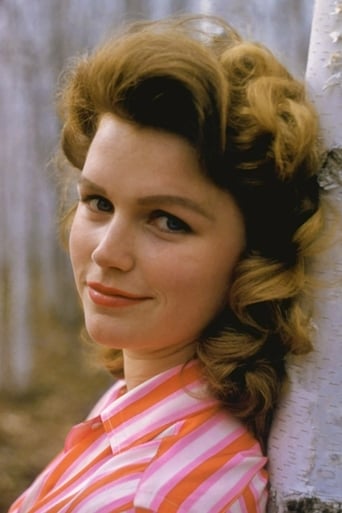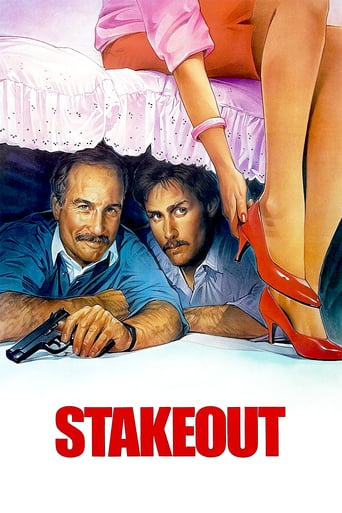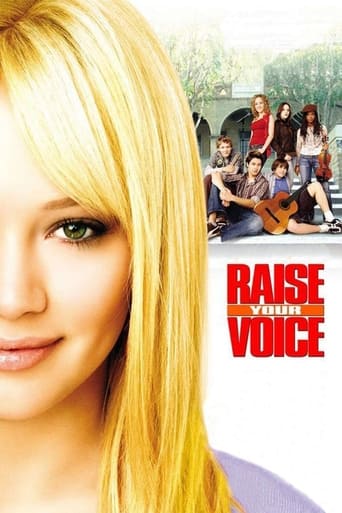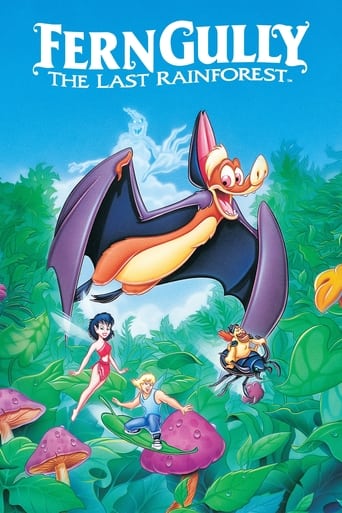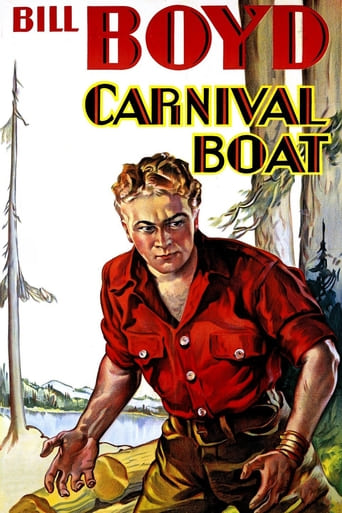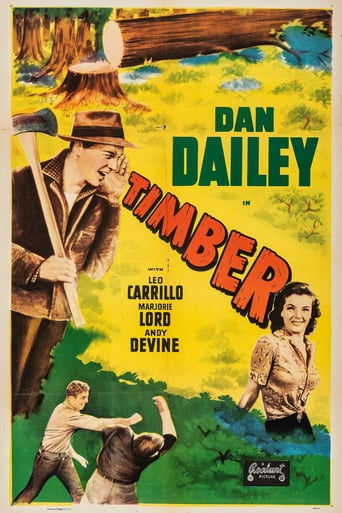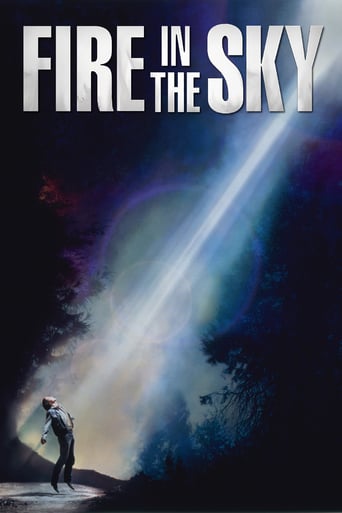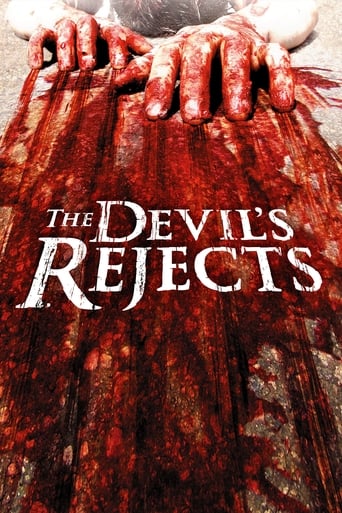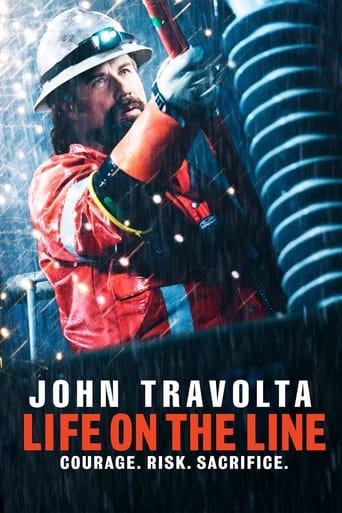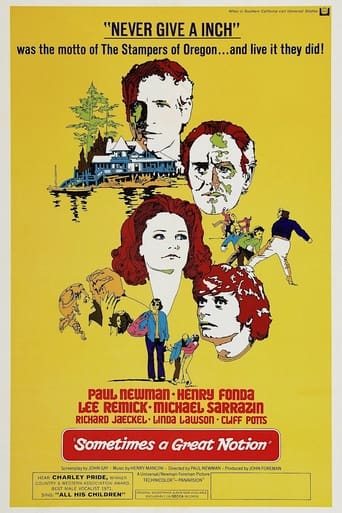
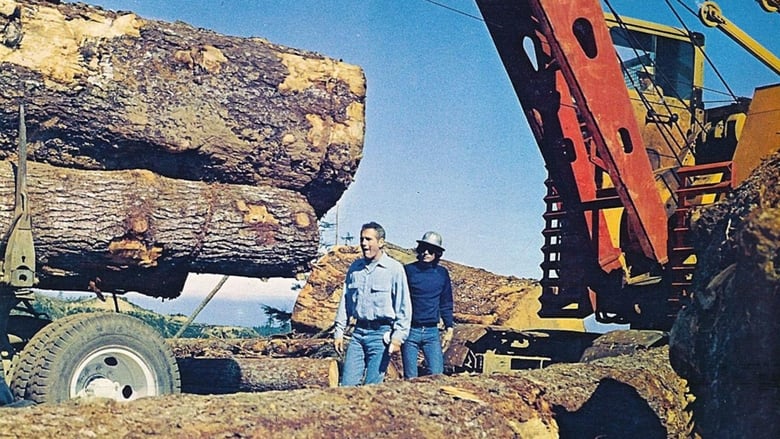
Sometimes a Great Notion (1971)
Hank Stamper and his father, Henry, own and operate the family business by cutting and shipping logs in Oregon. The town is furious when they continue working despite the town going broke and the other loggers go on strike ordering the Stampers to stop, however Hank continues to push his family on cutting more trees. Hank's wife wishes he would stop and hopes that they can spend more time together. When Hank's half brother Leland comes to work for them, more trouble starts.
Watch Trailer
Cast


Similar titles
Reviews
Ken Kesey writes a letter to Paul Newman after watching the movie.Dear Paul, I hope you realize that I worked my ass off on this novel.The Stampers were supposed to be larger than life characters who represented rugged American individuality. But your film reduced them to a bunch of ordinary nobodies. The characters of Henry and Hank Stamper deserved more close ups. Instead, you had scenes where they simply occupied the screen with everyone else. Was I supposed to use my imagination? The relationship between Hank and Leland Stamper was very important. It ought to have been foregrounded. I was baffled that you ignored the epic fight between the two of them in the end. What happened to that part, dummy? Their rivalry over the women and their opposing views about life were very interesting. The final scenes where they get together and stick it to the union guys would have been more believable if you had let them fight, thereby exorcising the women.And what about the bar fight scene? Jesus Christ man! Why did you leave out all the best parts of my novel? And I hated the background score. Yes, absolutely hated it. Mancini has produced so many great scores for American cinema. These characters deserved an edgier score. These are tough men, Paul. But the whiny country music thing simply did not work.Best Regards, Ken.(5/10)
Ken Kesey 's second novel, published in 1964, after writing One Flew Over the Cuckoo's Nest in 1962. When the publication of his second novel, Sometimes a Great Notion in 1964 required his presence in New York, Kesey, Neal Cassady, and others in a group of friends they called the "Merry Pranksters" took a cross-country trip in a school bus nicknamed "Furthur".[9] This trip, described in Tom Wolfe's The Electric Kool-Aid Acid Test (and later in Kesey's own screenplay "The Further Inquiry") was the group's attempt to create art out of everyday life. After the bus trip, the Pranksters threw parties they called Acid Tests around the San Francisco area from 1965-1966. Many of the Pranksters lived at Kesey's residence in La Honda. In New York, Cassady introduced Kesey to Jack Kerouac and Allen Ginsberg, who then turned them on to Timothy Leary. Sometimes a Great Notion was made into a 1971 film starring and directed by Paul Newman; it was nominated for two Academy Awards, and in 1972 was the first film shown by the new television network HBO, in Wilkes-Barre, Pennsylvania. "The answer is never the answer. What's really interesting is the mystery. If you seek the mystery instead of the answer, you'll always be seeking. I've never seen anybody really find the answer-- they think they have, so they stop thinking. But the job is to seek mystery, evoke mystery, plant a garden in which strange plants grow and mysteries bloom. The need for mystery is greater than the need for an answer."-- Ken Kesey
This film was made at the peak of Paul Newman's career, when he was young, handsome, and had the ways that made him a star. It's a good movie about a family of tough-as-nails Oregon loggers and it has a somewhat famous gritty scene where Richard Jaeckel --- normally the heartless rat in other films --- finds his brother hopelessly trapped under a log-slide and he sticks by his brother's side both knowing the rising tide is coming.This movie was doomed by its run-along title and the equally bad second title, Never Give an Inch, when a two word noun-driven title would have assured easy public recognition. Where does that title come from anyway? The Bible? Ben Franklin? The Book of Common Prayer? No, no, and no. It comes from the lyrics of one of the greatest blues songs ever written, "Irene, Goodnight." The final verse goes: Sometimes I live in the country, Sometimes I live in the town, Sometimes I take a great notion, To jump in the river and drown.
I saw this seventies movie for the first time last night. It must be one of the greats. The story line from Kesey's book, and the direction by Paul Newman are so closely woven and with such impact that there are times when one is left emotionally bare. There's not a fault in the casting,and the background of logging is nicely interwoven into the action bringing up surprise after surprise. The only flaw might be the glamorization of Lee Remick - I doubt that her character would show such a degree of grooming and cosmetic sophistication, but, as ever, Ms. Remick gives a performance that is impeccable. If awards were ever to come PaulNewman's way for direction and/or acting surely they should for this masterpiece.




